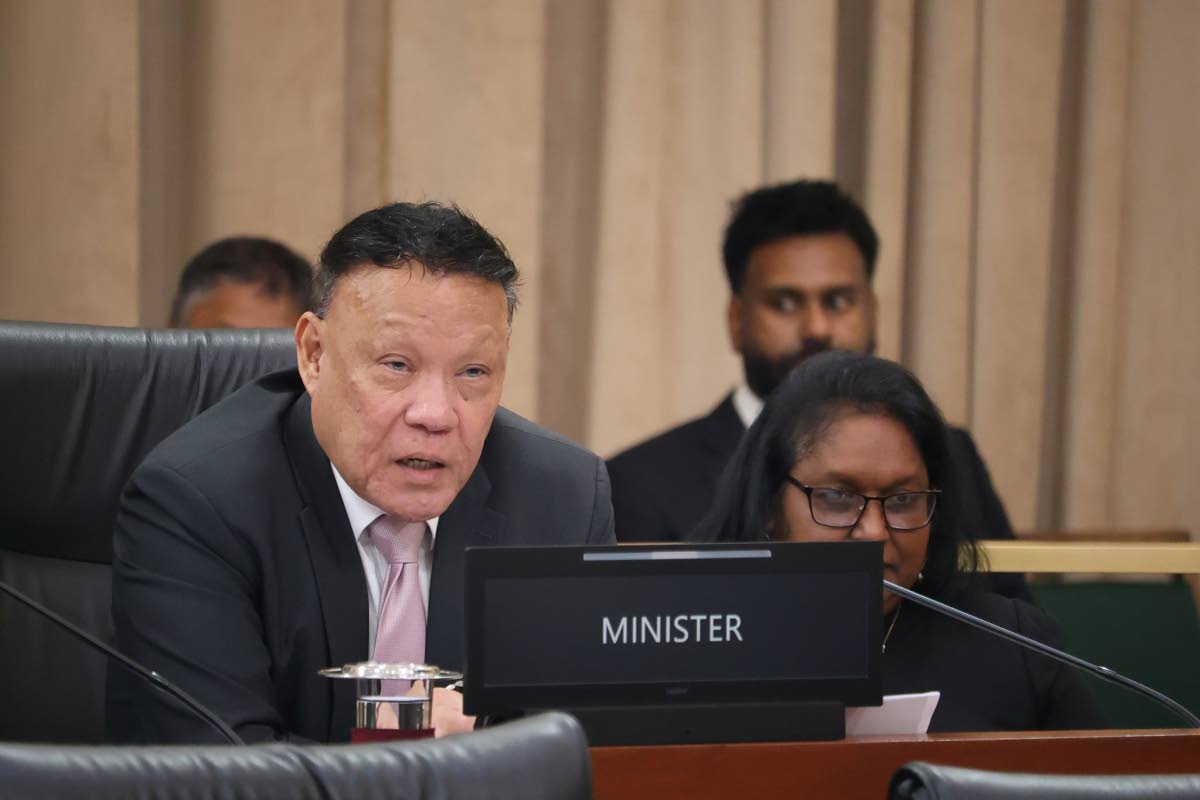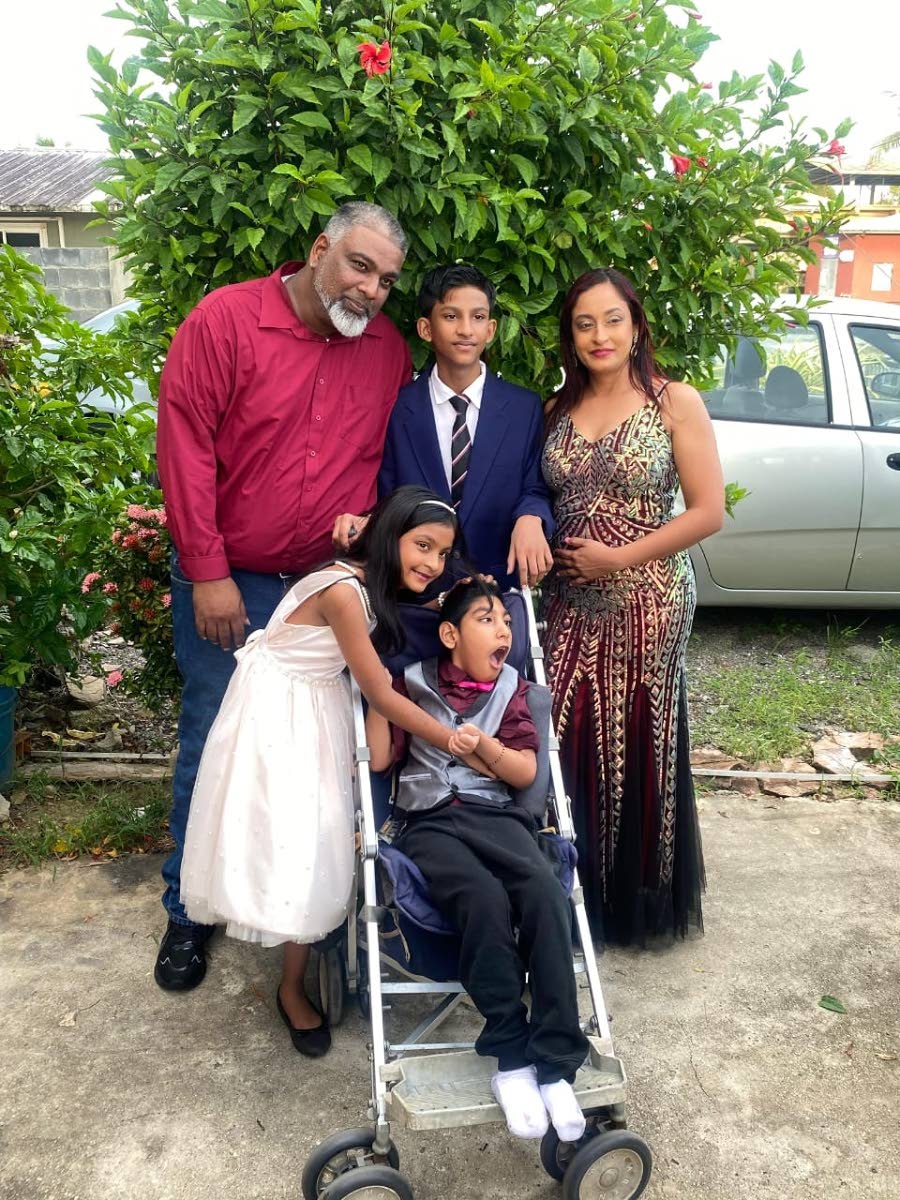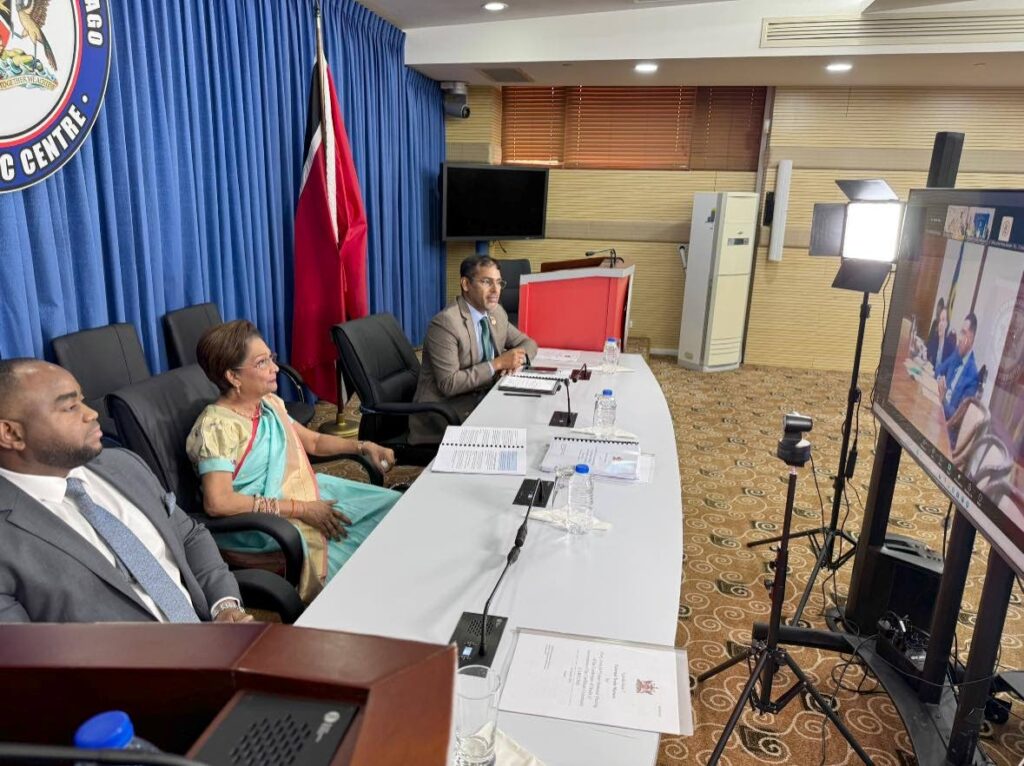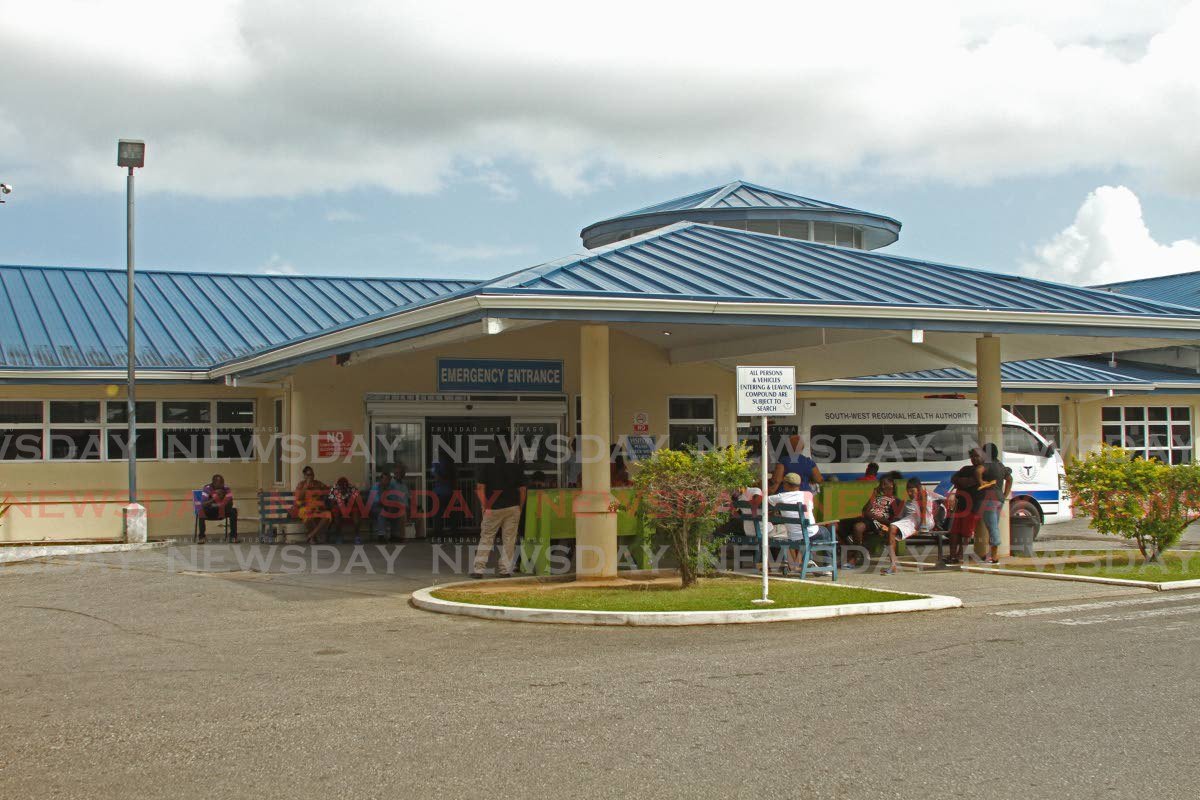Trinidad and Tobago’s Housing Minister David Lee has publicly denied knowledge of a controversial proposal by the Housing Development Corporation (HDC) to regularize squatting on state properties. The minister’s statement came in response to media inquiries on December 29, following earlier reports that HDC chairman Feroze Khan was considering a program to legitimize unauthorized occupants of vacant government housing.
Minister Lee emphasized that the potential policy had not been discussed with his office, stating, ‘These questions should be addressed to the HDC chairman as I am not aware of this policy. Maybe this is a board decision by this present board, but as line minister this was not discussed with myself or any of my other ministers.’
The reported initiative would have encouraged squatters who could afford mortgage payments to begin formal acquisition processes for properties they currently occupy illegally. This proposal emerged amid growing concerns about housing shortages and unauthorized occupation of government properties across the nation.
Prime Minister Keith Rowley, when questioned about the potential contradiction between such a policy and her recent characterization of Trinidad and Tobago as a ‘lawless dump’ due to citizens’ ‘entitled attitudes,’ advised journalists to directly interview Chairman Khan for accurate information rather than relying on media reports.
Khan, when contacted by news organizations, indicated he was in meetings and would provide clarification later in the week, leaving the status and authenticity of the proposed regularization program uncertain. The situation highlights ongoing challenges in housing policy and governance coordination within the Caribbean nation.







![[UPDATED] Beckles: PM squeezing TT with hike in fines, fees](https://wp.caribscopeonline.com/wp-content/uploads/2025/12/fd92511194794ec6a78539b521854fd1.jpg)

